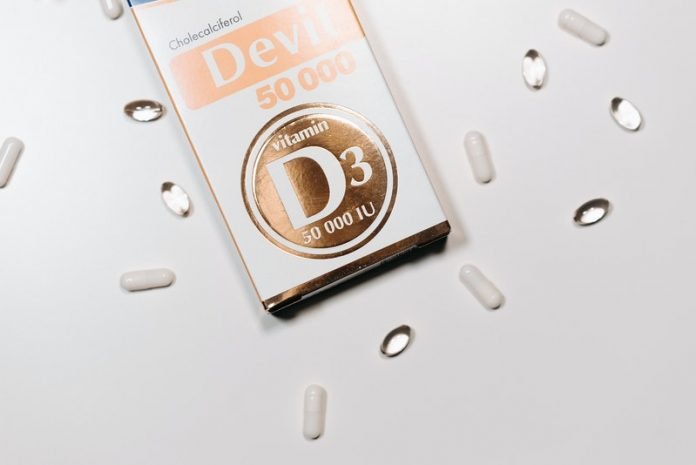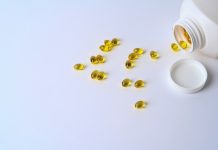
In a new study from Massachusetts General Hospital, researchers found that vitamin D deficiency strongly exaggerates the craving for and effects of opioids, potentially increasing the risk for dependence and addiction.
These findings suggest that addressing the common problem of vitamin D deficiency with inexpensive supplements could play a part in combating the ongoing scourge of opioid addiction.
The team previously found exposure to ultraviolet (UV) rays, causes the skin to produce the hormone endorphin, which is chemically related to morphine, heroin and other opioids—in fact, all activate the same receptors in the brain.
Endorphin is sometimes called a “feel good” hormone because it induces a sense of mild euphoria. Studies have suggested that some people develop urges to sunbathe and visit tanning salons that mirror the behaviors of opioid addicts.
The team hypothesizes that sun-seeking is driven by vitamin D deficiency, with the goal of increasing synthesis of the hormone for survival, and that vitamin D deficiency might also make the body more sensitive to the effects of opioids, potentially contributing to addiction.
In the study, the team compared normal laboratory mice with mice that were deficient in vitamin D. They found that modulating vitamin D levels changes multiple addictive behaviors to both UV and opioids.
Importantly, when the mice were conditioned with modest doses of morphine, those deficient in vitamin D continued seeking out the drug, behavior that was less common among the normal mice.
When morphine was withdrawn, the mice with low vitamin D levels were far more likely to develop withdrawal symptoms.
The study also found that morphine worked more effectively as a pain reliever in mice with vitamin D deficiency—that is, the opioid had an exaggerated response in these mice, which may be concerning if it’s true in humans, too.
The lab data suggesting that vitamin D deficiency increases addictive behavior was supported by several accompanying analyses of human health records.
One showed that patients with modestly low vitamin D levels were 50% more likely than others with normal levels to use opioids, while patients who had severe vitamin D deficiency were 90% more likely.
Another analysis found that patients diagnosed with opioid use disorder (OUD) were more likely than others to be deficient in vitamin D.
The team found when they corrected vitamin D levels in the deficient mice, their opioid responses reversed and returned to normal.
In humans, vitamin D deficiency is widespread, but is safely and easily treated with low-cost dietary supplements.
While more research is needed, they believe that treating vitamin D deficiency may offer a new way to help reduce the risk for OUD and bolster existing treatments for the disorder.
If you care about opioid addiction, please read studies about opioid misuse may permanently change the brain and findings of more than half of Americans may receive inappropriate opioid treatments.
For more information about opioid use and your health, please see recent studies about opioids combined with this drug could be especially dangerous and results about taking opioids for chronic pain: here’s what the experts recommend.
The study is published in Science Advances. One author of the study is David E. Fisher, MD, Ph.D.
Copyright © 2021 Knowridge Science Report. All rights reserved.



